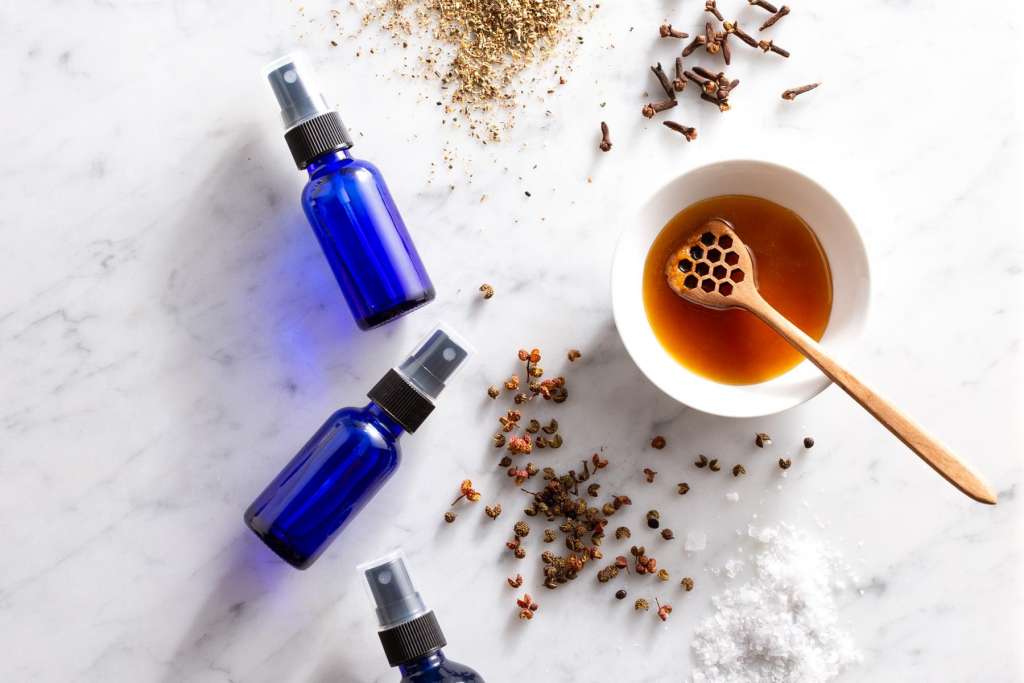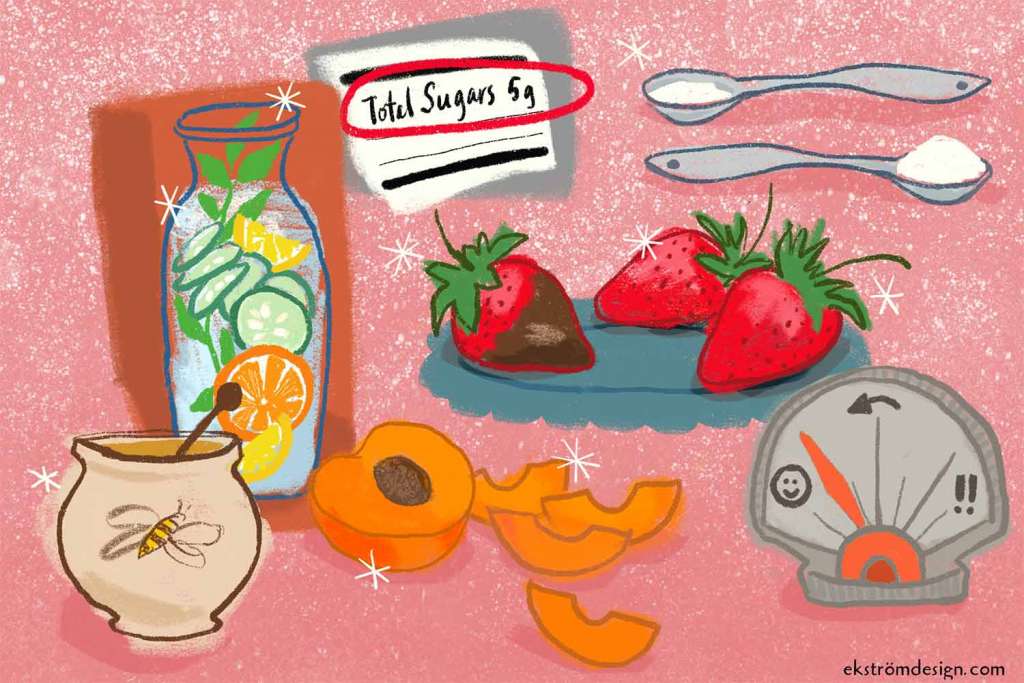The Value of a Good Night’s Sleep

More than a luxury or something to indulge in on weekends and vacations, sleep is actually as essential to your well-being as diet and exercise. From your mood to your sex life, sleep is a key component to health, and the lack of it can put your health at risk in some very dangerous ways, like the ability to remember, lose weight, and fight disease. The perils of going without sleep include an increased risk of accidents, obesity, depression, impaired cognition, and even higher mortality.
Irregular sleep patterns disturb the balance of hormones, disrupting cortisol and insulin levels and, subsequently, appetite-regulating hormones such as leptin and ghrelin. The stress of sleep deficiency stimulates epinephrine release which can lead to increased appetite and a tendency to store calories as fat. It also promotes insulin resistance—studies have reported that a difference in as little as two hours is enough to wreak havoc on your endocrine system.
Like eating healthy and working out, getting enough sleep requires a commitment and a shift in priorities. Happily, these three components support each other—eating well and regular exercise can help you sleep better, while a good night’s sleep makes it easier to make better food choices and get to the gym.
To make it easier to get your eight hours every night:
-
Don’t go to bed hungry. A light snack at bedtime can help you fall asleep. Dairy foods and carbohydrates (think cereal with yogurt and bananas, sardines on crackers, an open-faced turkey and cheddar sandwich) are great late-night combinations. Together they help increase the level of sleep-inducing tryptophan in the blood. Cherries, one of the few natural food sources of melatonin, have been shown to provide some relief for insomnia.
-
Avoid a high fat dinner. Research shows that people who often eat high-fat foods before going to bed experience a disruption of their sleep cycles.
-
Skip the nightcap. Alcohol may help you fall asleep faster, but you may have less restful sleep and are more likely to have headaches, night sweats, and nightmares.
-
Turn down the spice. Spicy foods can tax the digestive system. If you are going to have a dinner with some kick, try to finish the meal at least four hours before turning in.
-
Limit protein after dark. Protein-rich foods are harder to digest and contain the amino acid tyrosine, which promotes brain activity.
-
Eat more fish. Most seafood (especially salmon, halibut, and tuna) are good sources of vitamin B6, which your body needs to produce melatonin (a sleep-inducing hormone triggered by darkness).
-
Get outside. Make sure you spend some time outdoors every day. Sunlight is the body’s main regulator of wakefulness and sleep.
-
Start an exercise routine. Even a small amount of exercise can have a dramatic effect on the quality of your sleep. Ideally, you should work out 150 minutes a week, but as little as 10 minutes of aerobic exercise on a regular basis can help you sleep better.









